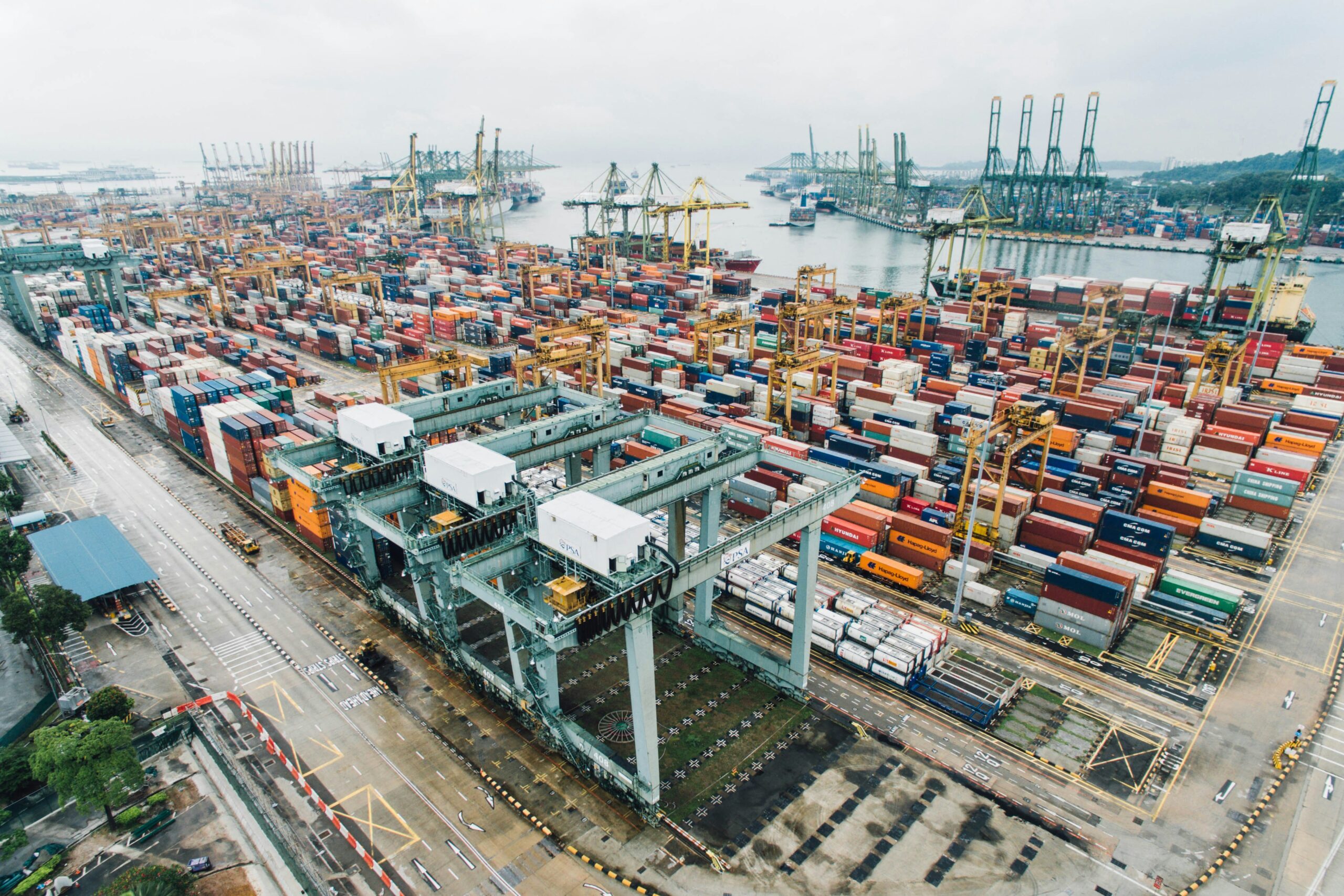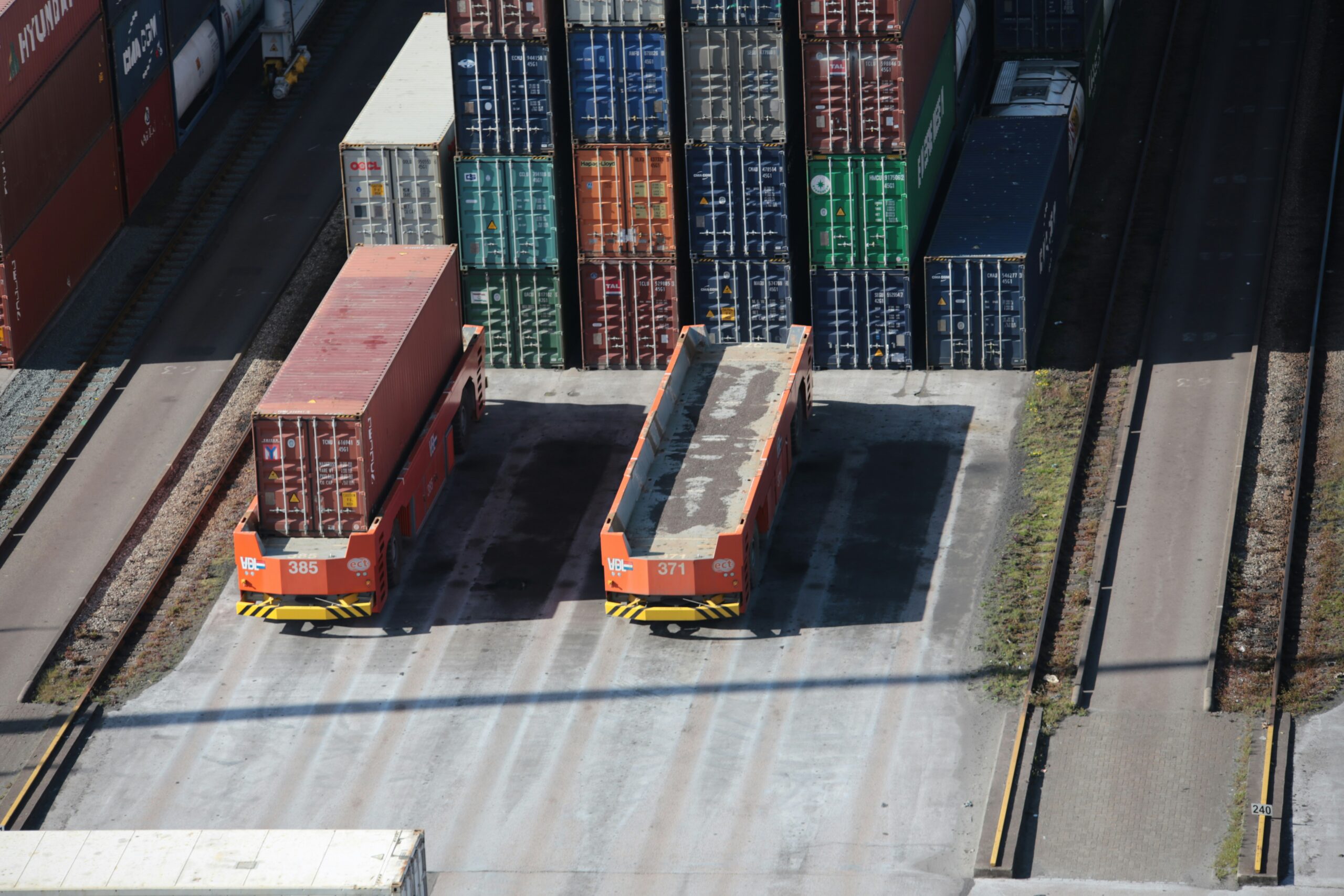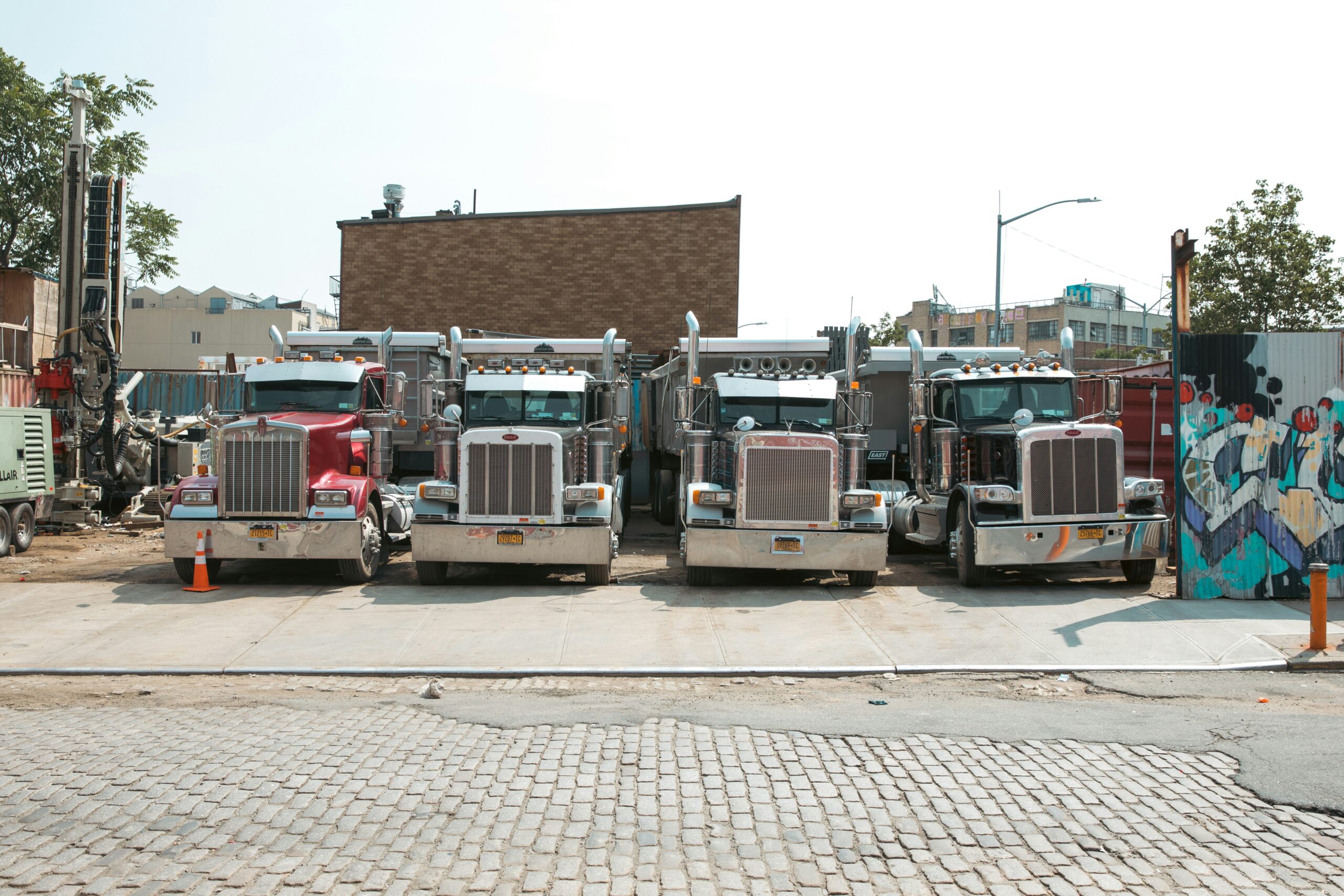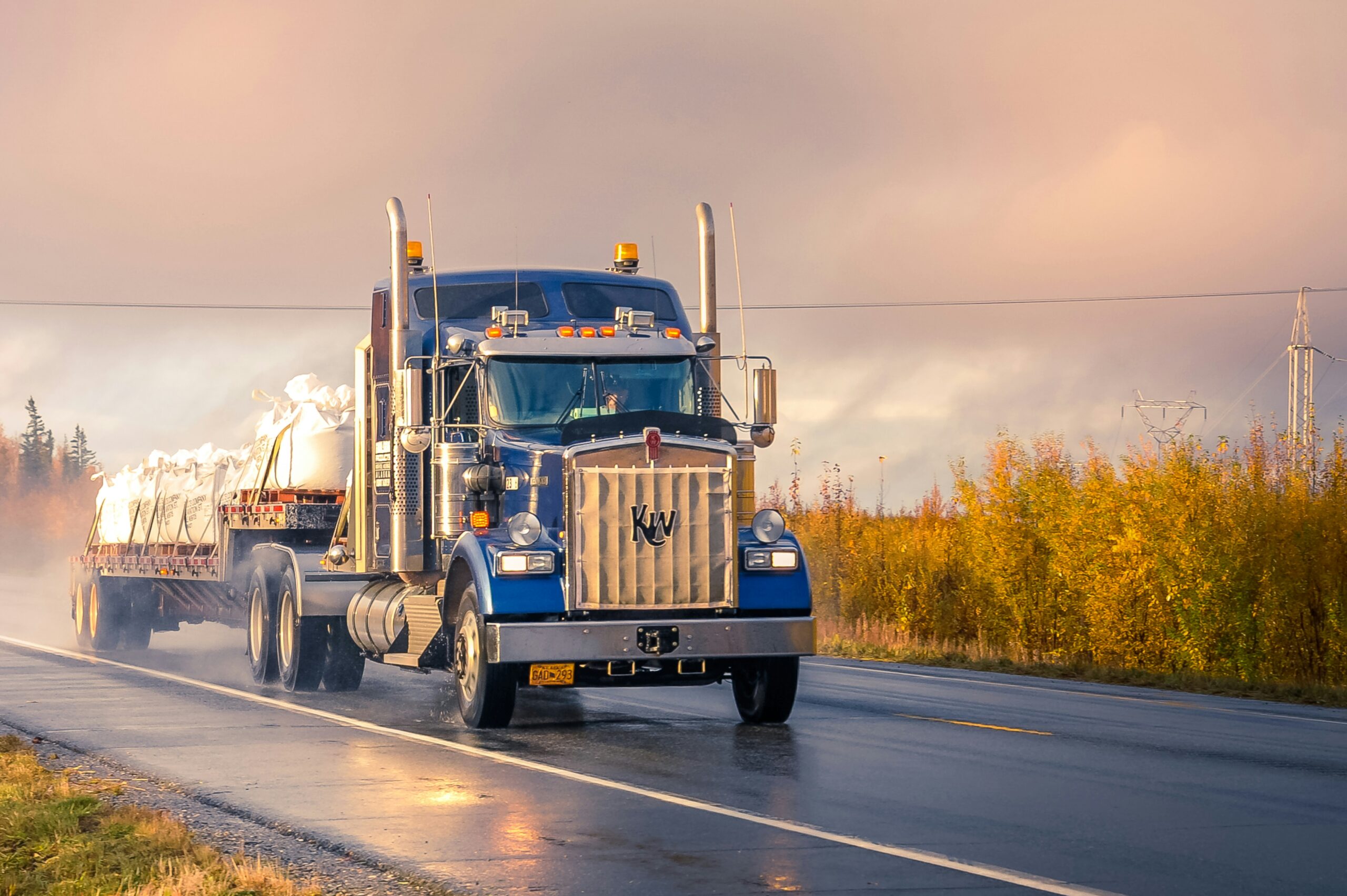Category: Transportation
-

What is AB 2754?
Update: AB 2754 was signed into law on September 27, 2024. What is AB 2754? AB 2754 is newly passed legislation that, if signed by Governor Gavin Newsom, would impact employment contracts and agreements in the port drayage motor carrier’s industry. This new law builds on existing law that prohibits a person or entity from…
-

The acquisition of American Pacific Forwarders
American Pacific Forwarders (APF) Founded nearly 50 years ago, American Pacific has been a stalwart in the California drayage industry. American Pacific has built a strong reputation in domestic rail and international harbor drayage, regional truckload services, and dedicated distribution. The company was headquartered in Chino and also operated in Calexico, Commerce, Lompoc, and San…
-

The FMCSA clarifies the scope of safety regulation exemptions during emergencies
What is the FMCSA final rule? The new final rule from the Federal Motor Carrier Safety Administration (FMCSA) updated their emergency rule to specify which safety regulations can be exempt. Emergencies are now more narrowly defined, including what constitutes an emergency and under what circumstances, so road safety can be maintained while truck drivers provide…
-

Trucking’s challenge to AB5 was not successful. Review your driver classification compliance now.
On Friday, March 15th, a California judge ruled against exempting trucking companies from AB5. This law makes it very difficult for motor carriers to hire independent contractors as truck drivers and essentially requires companies to hire them as full-time employees. Since January 2020, AB5 has made classifying workers as independent contractors difficult. However, the trucking…
-

Navigating Compliance: 6 Must-Dos for Trucking Companies
Success in the trucking industry doesn’t only require a solid fleet and reliable drivers; it also demands adherence to a complex web of regulations. Failing to comply with the Department of Transportation (DOT) and the Federal Motor Carrier Safety Administration (FMCSA) regulations can lead to a rocky path filled with fines, loss of operating authority,…
-
What health issues can the DOT disqualify commercial vehicle drivers?
One qualification of having a commercial driver’s license is being able to pass a physical exam. Because of the massive size and weight of commercial vehicles, it’s critical that these drivers can operate their rigs safely. The Department of Transportation physical is critically important for anyone who makes a living as a commercial driver. Some medical…
-

How vicarious liability can impact commercial transportation firms
Semi-truck collisions can be incredibly expensive for everyone involved. Crash victims could face severe injuries and property damage losses. A commercial driver could be at risk of injury and possibly the loss of their commercial driver’s license. Their employer could also have some degree of liability for the wreck in question. Discussions about transportation company…
-

What is Actual Knowledge?
Truck drivers are never supposed to operate their vehicles while under the influence of controlled substances or alcohol. If an employer has actual knowledge that this has occurred, the driver should not be allowed to work in that condition. But what does “actual knowledge” mean? This definition can be very important if there are accusations…
-

DOT regulations – when do you need a medical certificate?
Driving a commercial vehicle comes with more responsibilities and regulations than personal vehicles. This includes requiring some commercial drivers to obtain a Department of Transportation (DOT) medical certificate. Part of DOT regulations is a certification process that is a safeguard to ensure that drivers are physically and mentally fit to operate commercial vehicles safely. But…
-

3 worker behaviors transportation companies can penalize
Transportation companies assume a lot of risk with every load that one of their drivers transports. A late delivery could result in a lower payment from a disappointed client. A violation of any of the numerous transportation laws could lead to fines against the business and possibly a driver becoming ineligible to haul loads for…
-

Could a truck driver’s health issues lead to a preventable crash?
Successful transportation companies have to balance efficiency and profitability with safety. The desire to prevent collisions comes not just from concerns about a company’s reputation but also the financial responsibility the business would likely have for any crash caused by one of its drivers. Proper training for drivers is important, as is adequate maintenance of…
-

What are the limits on utilizing long combination vehicles?
Many commercial transportation companies operate with relatively small profit margins. After providing a competitive wage for their workers, investing in vehicle maintenance and paying for other operating expenses, they may have very little left over to pay out as dividends to shareholders or as profits to a business owner. Those who own or operate trucking…
-
FMCSA to consider waivers to trucker break requirements
In recent years, the Federal Motor Carrier Safety Association (FMCSA) has overruled two attempts by individual states to impose stricter rules regarding rests and breaks on drivers passing through their territory. That may be about to change. The FMCSA recently announced that it will consider giving waivers when a state requests it. California and Washington…
-

2 types of semi-truck safety gear that are worth upgrading
Cost management is a key component of operating a successful transportation business. After factoring in maintenance, wages and fuel expenses, some transportation companies may have relatively small profit margins. Keeping vehicle maintenance costs as low as possible is also important, although obviously maintaining a fleet and top operating condition is also crucial for safety and…
-
2 ways new technology can benefit a trucking business
Embracing new technology in your trucking can be difficult and expensive. It might be hard to see how it will benefit you and why you need to invest. After all, things are just fine the way you’ve been doing them right? With so much new technology and the advancements of AI on the market, it…
-
Will speed limiters soon be a requirement on semi-trucks?
Both legal compliance and fleet maintenance are crucial for the financial success of a commercial transportation company. There are many federal laws that apply to commercial transportation companies, and the owners and executives operating these businesses must do their best to adhere to those regulations. Of course, federal requirements for semi-trucks and their drivers frequently…
-
Hours of service compliance benefits trucking companies
The trucking world has unique challenges and regulations, including the Hours of Service limits. Designed to ensure safety on the road, these regulations stipulate the maximum amount of time drivers are permitted to operate commercial vehicles, mitigating the risks of fatigue-related accidents. Trucking companies can use various methods and tools to adhere to these rules.…
-
How costly are ELD violations for trucking companies?
The electronic logging device (ELD) installed in a commercial truck creates a thorough record of when a driver is at the wheel and how long they have been working during a shift. The transition away from physical log books occurred in part because of how easy it was for drivers to alter them or even…
-
Federal lawmakers could soon vote to improve semi-truck parking
Although commercial vehicles represent a significant portion of the traffic on modern roads, much of the infrastructure in the United States doesn’t adequately support these large vehicles. For example, there are many rural routes and old, two-lane bridges not rated to handle the weight of commercial vehicles. There is also often a dearth of adequate…
-
Could a side underride mandate be imminent?
For years, the Federal Motor Carrier Safety Administration (FMCSA) has mandated the installation of rear underride guards as a means of protecting the public from catastrophic collisions with commercial vehicles. Rear underride guards help protect motorists who accidentally strike the back end of a commercial trailer. By contrast, side underride guards serve as a way…